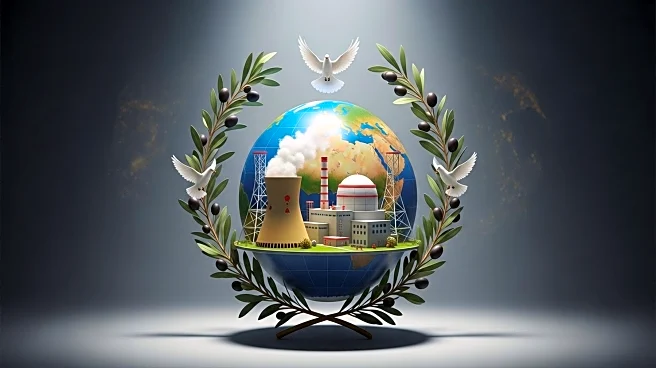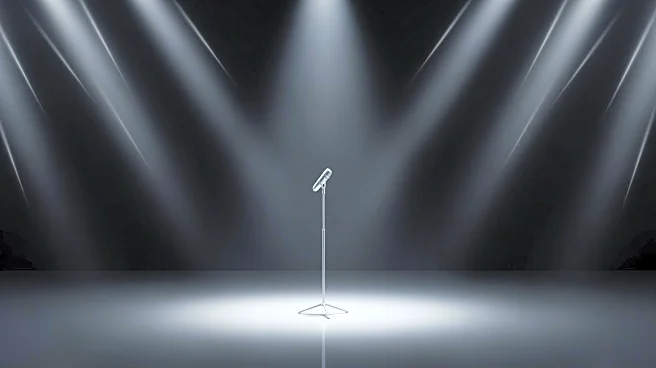What's Happening?
Iran has decided to withdraw a resolution prohibiting attacks on nuclear facilities, following intense lobbying by the United States. The resolution was co-sponsored by several countries, including China and Russia, and was set for a vote at the U.N. nuclear watchdog's annual conference. The U.S. threatened to cut funding to the International Atomic Energy Agency if the resolution was adopted, citing concerns over Israel's rights within the agency.
Why It's Important?
This development highlights the significant role of U.S. diplomacy in shaping international nuclear policy. The withdrawal reflects ongoing geopolitical tensions and the strategic interests of the U.S. in preventing nuclear proliferation and maintaining regional stability. It also underscores the complexities of international relations, where diplomatic pressure can influence critical policy decisions.
What's Next?
The resolution's withdrawal paves the way for further diplomatic negotiations, with Western nations initiating a process to reimpose sanctions on Iran. This 'snapback' mechanism could take effect in a month unless Iran engages in direct negotiations with the U.S. and complies with international nuclear agreements.










